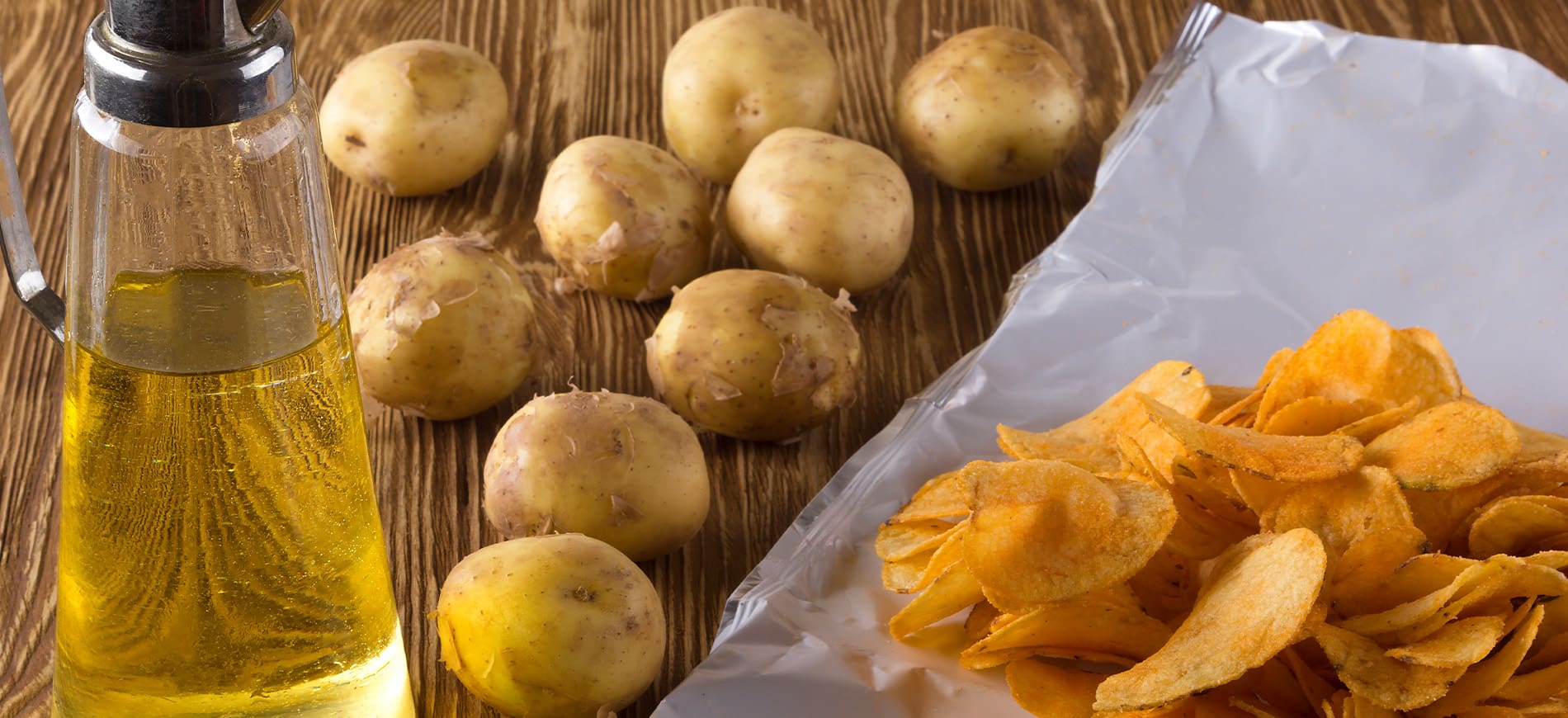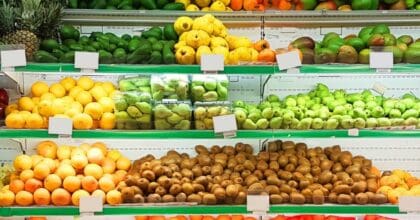Other baby food, including baby fruit products, desserts, and yoghurt, is the only category growing in baby food and milk right now as parents continue to prioritize homemade over ready-made baby meals.
Current landscape
In the UK, nearly half of parents with children aged 0-4 said homemade food was more nutritious than manufactured baby/toddler food. In Thailand, 87% of moms with children aged 0-3 said packaged food for babies was just a convenient option for on-the-go eating while in the US, over two-thirds of parents with children aged 0-3 considered puree pouches as snacks rather than meals.
In France, 52% of parents with children aged 0-4 feel they are cheating when they give their children ready-made meals/snacks.
Parents of children aged 0-3 in Thailand prioritize health benefits and nutrient content as their top considerations when purchasing baby food products. Price consideration ranks third in their decision-making process. In terms of nutrition, among the top claims that Thai mothers seek include healthier choice logo, organic and promotes neural and brain health.
Brands are innovating baby food products and milk formulas in response to these priorities. In addition to introducing immunity-boosting innovations, the European market has also witnessed an increase in organic claims. Plant-based baby milk and food, while still niche, is gradually gaining a foothold in the category. In North America, the focus of baby milk and food launches now revolves around functional benefits.
Moreover, on the flavor front, brands are introducing a variety of additions, such as sauces and seasonings, to assist parents in preparing flavorful and nutritious homemade food. In the Asia-Pacific region, baby milk and food launches have started featuring clean-label claims, such as no additives or preservatives.
Tailoring strategies for diverse household income groups
While parents want the best quality, price remains a problem, particularly for lower-income households. Parents of young children are increasingly anxious over the rising cost of baby food and milk. In the US, parents saw the rise in prices of baby food and formula due to the tightening of regulations by the FDA, which were put in place to avoid supply shortages due to contamination during the pandemic. In the UK, 64% of consumers with children aged 4 and under are feeling the impact of increases in food and drink prices. Mintel research shows that high inflation is taking a toll on the mental wellbeing of these parents.
Brands need to focus on specific strategies to target households with different incomes as some parents are restricted by their household income and the cost of purchasing select baby/toddler drinks. Because infant milk formula is a highly regulated category, brands need to meet the basic nutrition and safety requirement specified by each country. Budget-friendly formula that highlights the benefits of essential nutrients for babies at an affordable price can help ease parents’ anxiety about infant milk formula prices.
Parents see heritage brands and long-standing trusted formulations as dependable. In Germany, nearly two in five parents with children aged 0-4 prioritise a brand they have bought before when buying milk for their youngest child. Thus, it is important for brands to explain the reliability of their formulation and nutritional benefits so they can win over new customers.
Parents are also looking for private-label formulas to save on costs. Private-label brands can leverage their expertise to show quality and nutritional benefits while offering value to consumers.
Sustainable messaging remains vital
Date from Mintel GNPD shows that baby food and milk launches featuring ethical and environmental claims are growing at 38% in the year leading to June 2023 with big companies leading in ethical and environmental claims as part of their global sustainability agenda. However, the majority of environmental claims still focus on packaging and recycling but as parents mostly prioritise nutritional benefits over environmental claims, further education is needed to help parents understand the impact of sustainable sourcing on the nutrition of the ingredients used.
In Germany, 60% of parents with children aged 0-4 who choose food/drink products with sustainability claims said companies/brands need to explain the link between their sustainable practices and the quality of the product.
As parents seek specific nutrition that is recommended for their babies, personalized nutrition will be the norm. Concerns for food health and safety will continue. Postbiotics will be the next development in infant gut health while AI developments can help reassure parents about food safety.
What we think
Over the next two years, brands need to provide dependable and trusted formula and innovation in private-label baby food and milk to help ease the financial burden on parents.
They need to offer options that provide parents with convenience and a sense of control. These can include meal kits, sauces, seasonings and superfood powders.
Brands can link their sustainability agenda to health and safety of ingredients. One way of reassuring parents of the safety of products is to promote the usage of local ingredients and offer the reassurance of traceability.
Explore The Future of Baby Food and Milk 2023 research, or fill out the form below to sign up to Spotlight, Mintel’s free newsletter for exclusive insights.









































